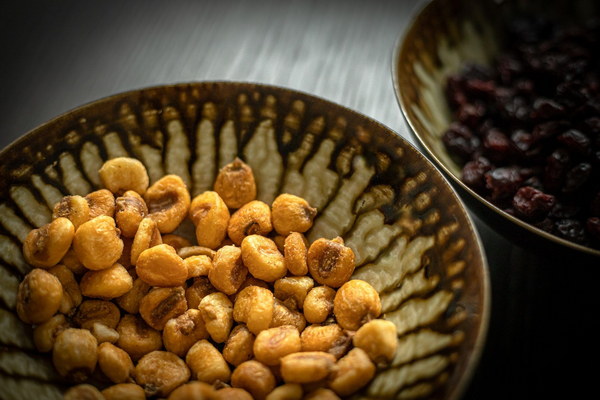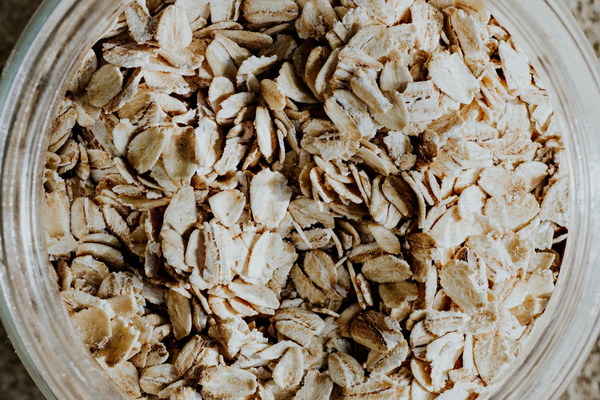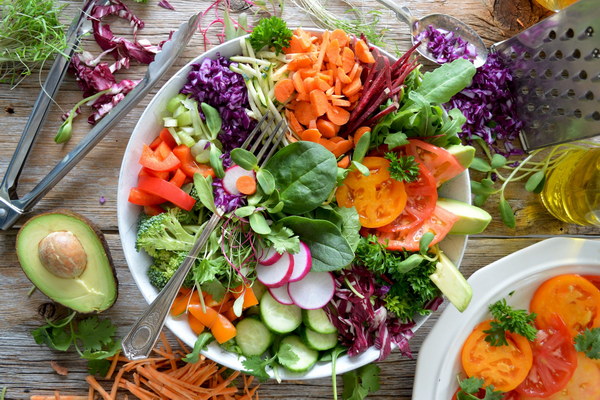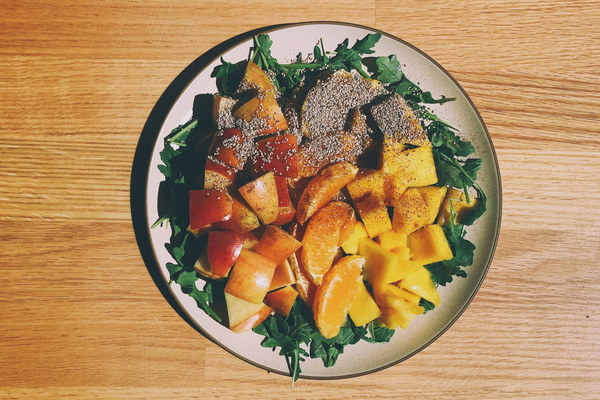Balancing Diarrhea and Stomach Health A Holistic Approach to Digestive Wellbeing
In the realm of digestive health, striking a balance between managing diarrhea and nurturing a healthy stomach is of paramount importance. Diarrhea, characterized by frequent, loose bowel movements, can be caused by various factors such as viral infections, food poisoning, or underlying health conditions. However, it is crucial to not only alleviate diarrhea but also to address the root causes and promote overall stomach well-being. This article explores the concept of diarrhea and stomach health and offers a holistic approach to achieving digestive harmony.
Understanding Diarrhea and Stomach Health
Diarrhea is often the body's response to an imbalance in the gut microbiome, the collection of microorganisms that reside in the digestive tract. When the delicate balance between beneficial and harmful bacteria is disrupted, it can lead to diarrhea and other gastrointestinal issues. Similarly, a compromised stomach lining can contribute to the onset of diarrhea, as it plays a vital role in nutrient absorption and immune function.
To address both diarrhea and stomach health, it is essential to adopt a multifaceted approach that combines dietary adjustments, lifestyle changes, and, when necessary, medical intervention. Here are some strategies to help you achieve a state of digestive harmony:
1. Hydration
Proper hydration is critical when dealing with diarrhea, as it helps prevent dehydration and maintains electrolyte balance. Drinking plenty of fluids, such as water, clear broths, and oral rehydration solutions, can help alleviate diarrhea symptoms and support stomach health.
2. Electrolyte Replacement
Diarrhea can lead to significant loss of electrolytes, such as sodium, potassium, and magnesium. Consuming electrolyte-rich foods or drinks can help replenish these essential minerals and promote stomach health.
3. Dietary Adjustments
A diet low in fiber and fat can help reduce diarrhea symptoms while allowing the stomach to heal. Focus on consuming easily digestible foods such as bananas, rice, applesauce, and toast (the BRAT diet), which can provide comfort and support stomach health.

4. Probiotics
Probiotics are beneficial bacteria that can help restore the balance of the gut microbiome. Incorporating probiotic-rich foods such as yogurt, kefir, sauerkraut, and kimchi into your diet can promote stomach health and potentially reduce diarrhea symptoms.
5. Prebiotics
Prebiotics are non-digestible fibers that act as food for probiotics, helping to support their growth and activity. Foods high in prebiotics, such as bananas, garlic, onions, and asparagus, can contribute to a healthy gut and potentially alleviate diarrhea.
6. Avoiding Irritants
Certain foods and substances can exacerbate diarrhea symptoms. It is essential to identify and avoid potential irritants, such as caffeine, alcohol, spicy foods, and high-fiber foods, until your stomach has recovered.
7. Stress Management
Stress can affect the digestive system and contribute to the onset of diarrhea. Engaging in stress-reducing activities, such as meditation, yoga, or deep-breathing exercises, can help maintain a healthy gut and support stomach health.
8. Medical Intervention
In some cases, medical intervention may be necessary to address the root causes of diarrhea and promote stomach health. This may include antibiotics, antidiarrheal medications, or treatment for underlying health conditions.
Conclusion
Balancing diarrhea and stomach health is a multifaceted endeavor that requires a holistic approach. By incorporating dietary adjustments, lifestyle changes, and, when needed, medical intervention, you can achieve digestive harmony and maintain a healthy gut. Remember to consult with a healthcare professional to develop a personalized plan tailored to your specific needs.









